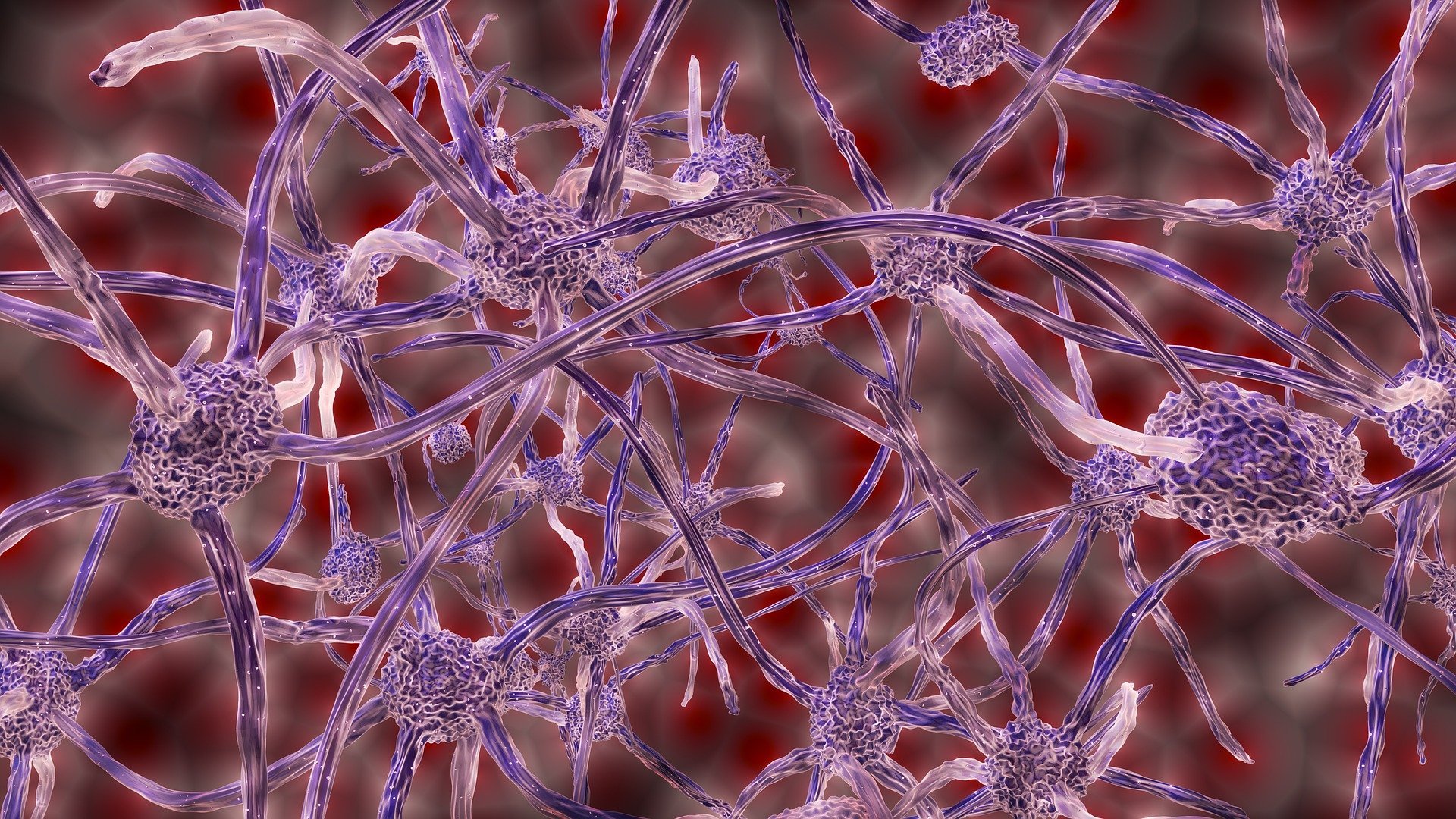The question: “Are follow links useful to my ranking?”, has always been a hot topic.
To find the answer it’s important to understand where these two different type of links are coming from.
To fight spammi blog comments, programmers at Google and Blogger came up with the rel=“nofollow” attribute, which keeps search engines from following those links. That innovation prevented would-be freeloading advertisers from diluting the reliability and trustworthiness of host sites.
In a nutshell:
- Dofollow links are an HTML attribute that is used to allow search bots to follow the links. If a webmaster is link to your site with dofollow link, search engine bots and people can follow you. They pass on link juice and really benefit your website to get a high Page Rank.
- Nofollow links don’t allow search engine bots to follow your links. These links don’t pass on link juice. Only people can follow these links. They don’t help you to boost Page Rank, website rankings and have no SEO value. It is a notice for search engine not to count a link.
Does this mean nofollow links are useless?
Nope… The ultimate goal of link building is giving people the opportunity to discover your website, check it out, join your engaged audience and convert into sales.
From this perspective, it’s not really that much important what’s in the rel attribute, as long as a link gets somebody to click on it and visit one of your pages. Links lead to traffic, traffic leads to engagement, and engagement leads to profit. This is the whole point of SEO.
The overall frequency and placement of nofollow links are factored into search engines’ overall page ranking calculations, especially when the host site is considered “authoritative.”
However, the best way to squeeze link juice out of a nofollow is for it to generate traffic and lead to other sites linking you.
Top search engines like Google occasionally penalise websites that are trying a little too blatantly in their attempts to game the system, for instance, by creating too many dofollow backlinks.

Mixing it up with nofollow backlinks gives less of an impression that a site is just creating backlinks for the SEO benefits.
With that in mind, judicious use of the nofollow value can help assure Google that you’re not up to any shenanigans, and there’s no reason to penalize your PageRank score.
Metrics, much like Domain and Page Authority, Alexa Rank, and other ways of measuring your website’s potential, don’t directly affect how Google and the other big search engines rank your site in their search result pages.
However, other listing services, directories and advertisers may find them highly useful when it comes to deciding whether or not to do business with you. Nofollow links are often counted along with the rest of your backlinks when these metrics are calculated.
So, nofollow links might not give an immediate bump to your PageRank, but by providing visibility and organic traffic, they can steer people to your website, encourage the kind of sharing and linking that will get you dofollows and link juice, help your site maintain a “natural” profile and boost your overall authority metrics.

